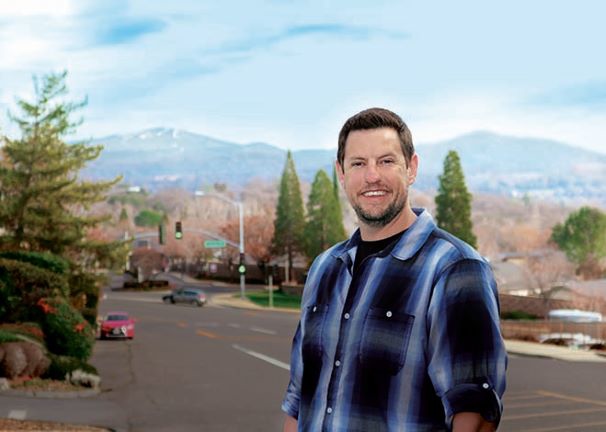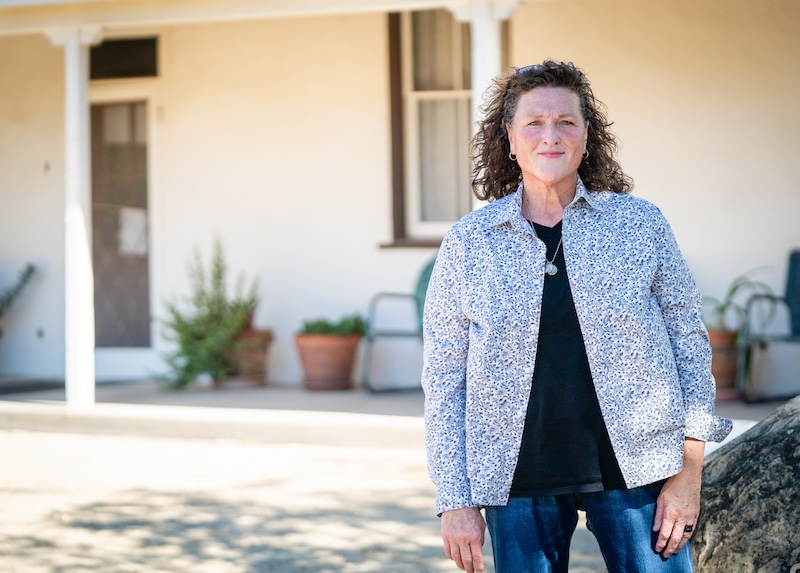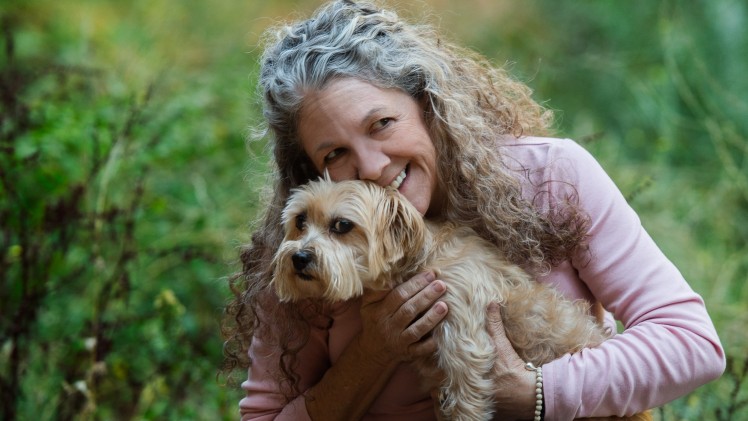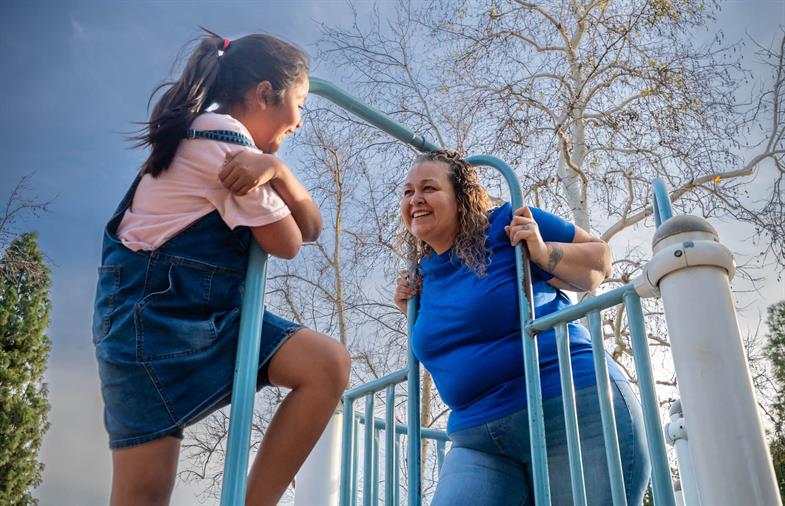Kevin's Freedom to Move Story
Jun 7, 2022

Kevin Goudswaard was taking down Christmas lights at his house in 2010 when he slipped. He tried to steady himself by reaching up to grab the gutter of his house, but his arm twisted and his body swung, popping his shoulder out of its socket.
“I felt excruciating pain,” recalls Goudswaard, who was a student and a waiter at the time. He popped his shoulder back into place. Four months later, his arm popped out again. It kept happening again and again, and by 2021, it had happened so many times that he grew to expect it. But one day, his arm popped out of place as he was tossing his shirt into a locker.
“That resolved it for me, that I needed to take care of this as soon as I could,” Goudswaard says.
He was referred to Adventist Health Sonora’s sports medicine specialists. These providers are highly trained to help people recover from injuries to bones, muscles and ligaments resulting from overuse or trauma.
An MRI showed that Goudswaard had torn his shoulder labrum, a thick piece of soft tissue that surrounds the ball-and-socket joint of the shoulder. James Boyd, MD, repaired the tear using a small incision and a camera for better visibility. This kind of minimally invasive surgery offers faster healing times and fewer complications than traditional surgery, and it is one of the innovations for which Adventist Health Sonora has become known.
Michael Nuzzo, MD, an experienced orthopedic surgeon who joined Adventist Health Sonora in January, says the most common concerns he treats are shoulder and hip injuries.
ACL injuries
The ACL, or anterior cruciate ligament, connects the upper and lower leg at the knee.
“Most athletes know about ACL injuries. This is a ligament tear that usually happens when you’re running and you plant a foot and pivot to change directions,” Dr. Nuzzo says. “You buckle and go down, and it swells up immediately.”
The body can’t repair an ACL tear on its own, so it requires surgery to fix.
Rotator cuff injuries and shoulder dislocation
The rotator cuff is a group of muscles that secure the arm in its socket and allow it to move and rotate smoothly. Rotator cuff injuries tend to happen in older people, especially those ages 65 and older, and they can stem from activities ranging from moving boxes to playing tennis or weightlifting.
In younger patients, like Goudswaard, shoulder injuries tend to involve a dislocation, which causes a tear. Surgeons can repair that through minimally invasive surgery.
Now, Goudswaard’s shoulder is functioning so well, he is considering applying to the U.S. Air Force Officer Training School — a goal that would have been impossible before surgery.
“What Adventist Health gave me was freedom,” Goudswaard says. “It’s all the little instances throughout my daily life that I don’t have to stop and think about this injury and say, ‘Oh, no, my arm can’t move that way.’ I can just go on with my life without fear.”
Learn more about our comprehensive orthopedics program, offering advanced treatment options close to home. Visit AdventistHealthSonora.org/Orthopedics


